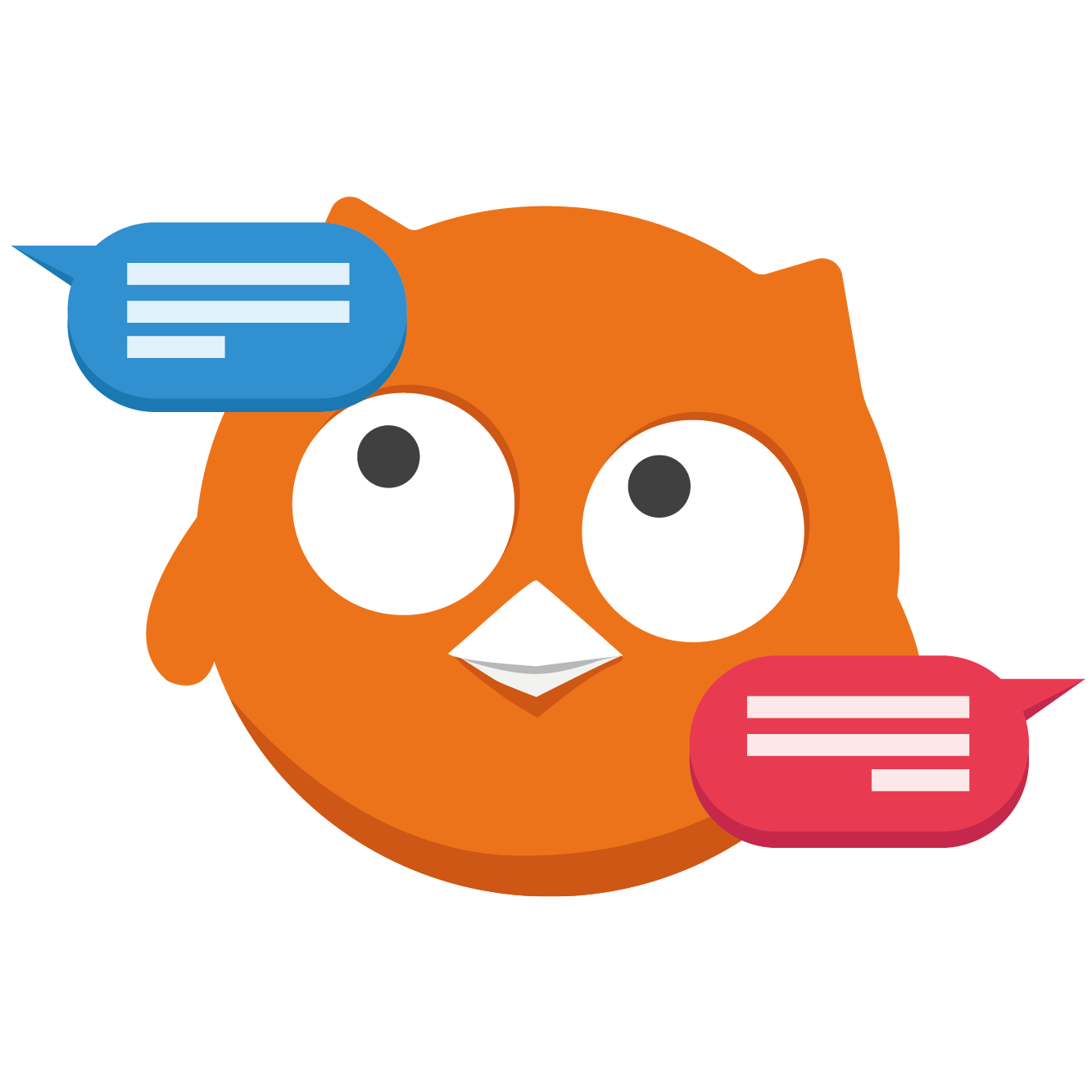
【易混淆词】fun 和 interesting 有什么不一样?amusing?funny?这些 "有趣" 的区别与用法!

校对/ Westia Sun
学习外语的时候,你一定也有遇过这样的情况:
你在搜寻引擎里面打上关键词 "○○的英语" ,跑出来的结果有好多个单词,
但你却没办法确定应该在什么情境用什么单词。
因此今天 Engoo 要带给你各种 "有趣的" 英语,包含 interesting、fun、funny、amusing⋯⋯
等等各种你可以在词典里查到的 "有趣的" 英语单词!
最容易被搞混的不外乎是 fun 和 interesting
首先就让我们了解他们个别的意思:
fun
fun 可以当成名词与形容词使用,名词的意思不外乎就是乐趣、快乐,
常见的搭配包括 for fun(为了好玩)、make fun of(取笑⋯⋯)。
【例句】
She dances for fun, not because she expects to make money.
她跳舞只是为了好玩,没期待因此而赚钱。
Her classmates always made fun of her accent.
她的同学总是拿她的口音开玩笑。
而 fun 当作形容词的时候,意思是有趣的、令人感到愉快的。
使用上要注意 fun 不跟副词 very 放在一起,
所以我们不会说 "She is very fun."
但我们可以说 "She is really fun."(她很有趣。)
【例句】
How about inviting Max to the party? He is always fun.
邀请 Max 来派对怎么样?他一直都很有趣。
interesting
interesting 是一个形容词,意思是 "有趣的、引起兴趣的" 。
【例句】
It's always interesting to hear old stories.
听老故事总是很有趣。
现在你知道 fun 和 interesting 在当成形容词时,
意思都是 "有趣的" ,接下来我们就来看它们的差别:
在 Cambridge Dictionary 里面,
fun 和 interesting 的意思分别是——
- fun (adj.): enjoyable
- interesting (adj.): Someone or something that is interesting keeps your attention because he, she, or it is unusual, exciting, or has a lot of ideas.
发现差别了吗? fun 的解释是 "使人快乐的、使人愉悦的" ;
interesting 的解释是 "因为不寻常、会使人感到兴奋,所以让你一直注意的人或物" 。
也就是说两者的差别在于他们所引起的情绪不同,
fun 引起的情绪是愉悦 (pleasure) ,
而 interesting 引起的情绪是好奇 (curiosity) 。
但话又说回来,当你满足好奇心的时候,肯定也是愉悦的,
所以 fun 和 interesting 在某些情境也是能通用的。
接下来,再带你看看几个意思也是 "有趣的" 单词。
funny
funny 的意思是 "有趣好笑的、滑稽的" ,
funny 的 "有趣" 更多是强调它会使人发笑,
像是喜剧 (comedy) 我们就经常用 funny 形容。
【例句】
The show gets funnier towards the end.
这场表演到结尾更好笑了。
除了这个意思外,funny 还有一个意思是 "奇怪的、难以解释的" 。
【例句】
It is a funny old world.
大千世界,无奇不有。
虽然有时候你可以用 fun 和 funny 形容同个人/同个东西,
但两者所代表的语义完全不同:
- She is a fun guy. → 她是个有趣的人(跟她在一起发自内心愉悦)
- She is a funny guy. → 他是个搞笑的人(言行举止使你发笑)
amusing
想要了解 amusing 的意思,要先认识 amuse 。
amuse 的意思是 "提供消遣;使开心" ,
可想而知 amusing 的意思是 "有趣的、引人发笑的" 。
【例句】
The situation is not even remotely amusing.
这个场面一点也不好笑。
※not remotely + adj. 一点也不⋯⋯
She described him as a really special person, and he is not only gentle but also amusing.
她将他形容成一个很特别的人,他既绅士又有趣。
amusing 的意思和 funny 很像,也都隐含使人发笑的意思,
很多时候两者可以通用,但日常口语上 funny 使用的频率更高一些。
-
以上几个关于 "有趣的" 单词区别,你搞清楚了吗?
你可以把这篇文章收藏起来,有空就多看几遍,
也可以和 Engoo 的老师一起讨论,请外师给你几个情境例句,
相信你会更清楚这几个单词之间的差异!



